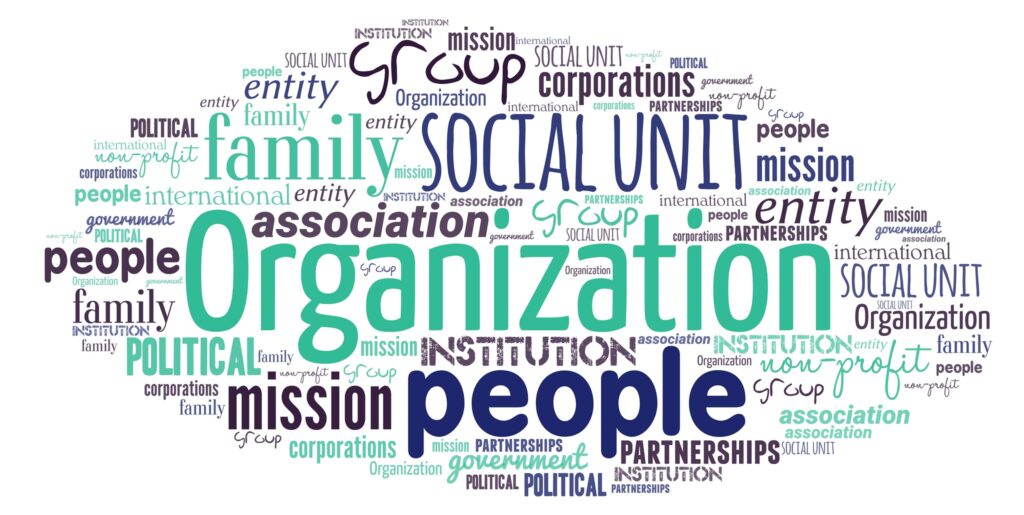There is power in numbers, but those numbers must be organized. That raises a natural question: Is there a limit to organizational scale? What is the largest organized collective that has ever existed? For most of the last few millennia, the largest political entities were empires. What were the populations of the Romans, Hans, British, or other major empires, when including all their subject peoples? 1
I looked up the answer last week, and I was a little surprised. The most populous empire in history was the British Empire at the time of the world wars. Even then, it “only” encompassed 500,000,000 people. 1 That makes it almost three times smaller than today’s individual nation-states of China and India! In absolute numbers, these two Asian countries are by far the largest governmentally organized collectives of all time. Each has about 1.4 billion people. 2
Of course, today’s national population records are enabled by long-term population growth overall. Millennia ago, no empire could hope to unite a billion people, because there weren’t that many people to go around on the whole planet. But there was no guarantee that China or India would remain politically intact as they grew. Only within living memory has it been proven possible to organize on the billion-person scale. These are interesting case studies, as India is a republic and China achieved this scale mostly under the rule of dictators. 2
I was also fascinated to learn the following pattern: For the last two millennia, the two largest empires combined usually accounted for 30 – 40% of the world population. 3 This is still true in the age of nation-states. One out of every three people today lives in either India or China.
Some empires have subsumed an exceptionally large fraction of the world population. The British Empire topped out at about 23% of the human race. According to one historian, 11 empires have surpassed this share, nine of which grew out of China or India (and one of which, the Mongolian Empire, momentarily occupied China). The record-holder, China’s Qing Empire, encompassed 37% of the world’s people in 1800! 4
This is an interesting thought exercise. If we can now organize at the billion-person scale, and if we can routinely organize 15 – 30% of the whole world in one polity, there doesn’t seem to be a logistical reason to doubt that a United Earth is possible. The reason this is happening so slowly (if at all) has more to do with will than wherewithal. We are psychologically prejudiced by historical negative associations. Every empire or world religion originated at a particular locality and then grew by radiating outward into foreign territory, usually by conquest. A United Earth (or a Global Federation of Republics, as I prefer to call it) couldn’t, shouldn’t, and wouldn’t come about from any single hegemonic government taking over the world. It would have to emerge from a worldwide consensus.
If we accept looser concepts of “organization”, some non-governmental collectives are even larger than China. There are about 2 billion Christians. If you can consider social networks to be organized collectives, then Facebook is even slightly larger than Christianity now. If we expanded this to all people who are online, or subject to multinational treaties, or who participate in the global economy, we would of course reach nearly the entire world, though the sense of “organization” would be pretty diluted by then. There’s no denying, though, that all eight billion of us are woven together into one world wide web. The web will probably be a more practical and palatable organizational model than the hub-and-spoke as our collectives continue to grow.
- https://www.guinnessworldrecords.com/world-records/largest-empire-by-population ↩
- https://www.cato.org/blog/china-dictatorship-gets-more-perfect ↩
- https://www.google.com/books/edition/Ecology_and_Power/dkWqOb82PxgC?hl=en&gbpv=1&pg=PA43&printsec=frontcover ↩
- https://www.google.com/books/edition/The_Oxford_World_History_of_Empire/9mkLEAAAQBAJ?hl=en&gbpv=1&pg=PA103&printsec=frontcover ↩
